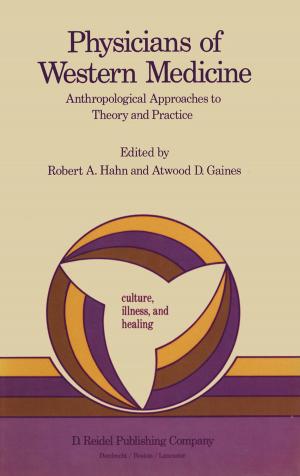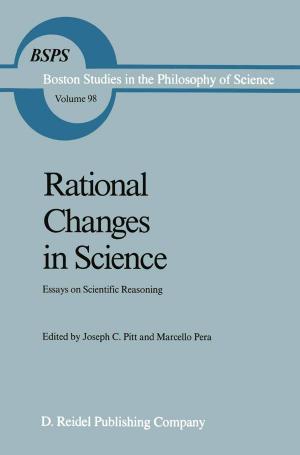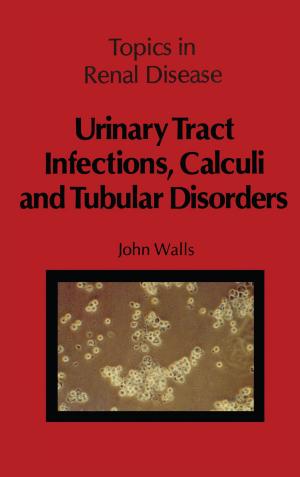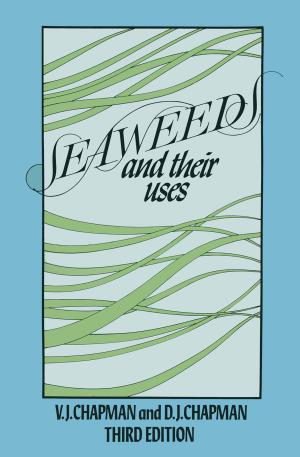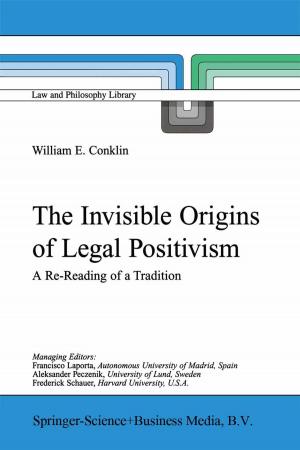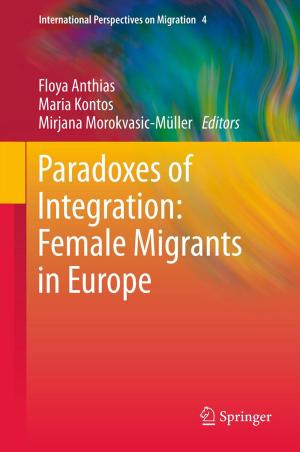Psychosomatics in Peri-Menopause
Nonfiction, Health & Well Being, Medical, Specialties, Gynecology & Obstetrics| Author: | ISBN: | 9789401176989 | |
| Publisher: | Springer Netherlands | Publication: | December 6, 2012 |
| Imprint: | Springer | Language: | English |
| Author: | |
| ISBN: | 9789401176989 |
| Publisher: | Springer Netherlands |
| Publication: | December 6, 2012 |
| Imprint: | Springer |
| Language: | English |
The peri-menopause is emerging more and more as a subject for study by the doctor, the psychologist, the social worker, the gerontologist, the clinical chemist, the public health specialist, the sociologist, the psychiatrist and the experimental pathologist. The results of studies are gradually becoming known to the public, particularly to the prospective clients, ageing women. Women have begun to ask for treatment and they will most likely determine whether oestrogen replacement therapy comes into vogue. Psychosomatics in peri-menopause is an important sub ject, since the life-span of the woman has extended to nearly twice that of her fertile period. The life-expectancy for women in industralized countries is now some 70-75 years. This means that most can now expect to spend one third of their lives in the post-menopause. Consequently, there is now much more time than before in which to notice, experience and be bothered by peri menopausal changes. Moreover modern medicine has much more to oner than mere moral support to sufferers from ailments connected with progressing ovarian failure during peri-menopause. Although we cannot promise eternal youth - as Wilson does -there are more possibilities for treatment than 10 years ago.
The peri-menopause is emerging more and more as a subject for study by the doctor, the psychologist, the social worker, the gerontologist, the clinical chemist, the public health specialist, the sociologist, the psychiatrist and the experimental pathologist. The results of studies are gradually becoming known to the public, particularly to the prospective clients, ageing women. Women have begun to ask for treatment and they will most likely determine whether oestrogen replacement therapy comes into vogue. Psychosomatics in peri-menopause is an important sub ject, since the life-span of the woman has extended to nearly twice that of her fertile period. The life-expectancy for women in industralized countries is now some 70-75 years. This means that most can now expect to spend one third of their lives in the post-menopause. Consequently, there is now much more time than before in which to notice, experience and be bothered by peri menopausal changes. Moreover modern medicine has much more to oner than mere moral support to sufferers from ailments connected with progressing ovarian failure during peri-menopause. Although we cannot promise eternal youth - as Wilson does -there are more possibilities for treatment than 10 years ago.


